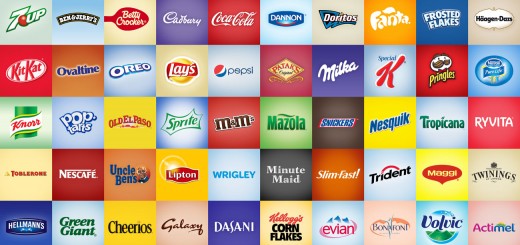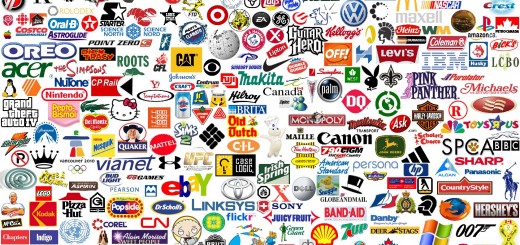Facebook, Keep Innovating…
Facebook continues to build not only its original 1.4 billion platform but a portfolio of social apps such as WhatsApp, Instagram, and Messenger. The challenge with these apps is to balance the need for scale to advertise with keeping the integrity of the user experience. Adding new useful user features such as payments achieve both by giving users a reason to linger longer on Facebook and by providing brands more opportunities to advertise and also ‘close-the-loop’ by enabling actual commerce ability.
If you live in the US you will soon be able to make payments to your friends within Facebook Messenger (think concert tickets or splitting tabs at dinner). Facebook made the formal announcement last week. This won’t be a payment system, you won’t be charged fees for now, maybe even forever. Rather Facebook’s intention is make money from increased consumer dwell time and usage and associated advertising opportunities.
Facebook, and how it sees innovations
Is Facebook looking to own the payment space? Maybe one day, but not today. The real story is that Facebook continues to innovate and maintain its place atop the rising mountain of global social platforms challengers, including large competitors such as Snapchat, QQ, WeChat, Twitter, VK, etc.
Social platforms are one of the most fluid business categories in the world, with new stars constantly appearing. New “Facebook killers” routinely emerge – Diaspora in 2010, Google+ in 2011, Twitter in 2012, SnapChat in 2013, Ello in 2014. Some fail, some succeed, others get acquired, including by Facebook itself. Even for those social platforms that don’t get dubbed as a “Facebook killer”, scale can come quickly. In November 2014 social network Tsu achieved five million members in just five weeks, all through word of mouth.
Which explains why Facebook is constantly innovating and adding features, and it is not alone. Twitter recently bought Meerkat competitor Periscope, and Snapchat recently announced its own peer payment system.
This constant evolution is not easy. It’s made more difficult by the social currency of the day changing over time as new social dynamics are unearthed. Who would have thought five years ago that watching a six second video would be a cool thing, or that an online static Polaroid picture would become such a strong social currency that it would drive the creation of a 300 million member social platform called Instagram (coincidently owned by Facebook).
Bringing it back to Facebook, not every add-on it has unveiled has been a success; Facebook Calling and Facebook Paper are two recent examples of failures. It’s too early to tell if payments will succeed. Some consumers are wary of giving away too much personal information in social environments, even with the incentive of a ‘free and easy’ transfer. Regardless, Facebook continue to live up to its “fail fast” ethos of rapid prototyping, constant betas, and an acceptance that to stay ahead you must keep pushing the envelope and be willing to accept both failures and successes.


